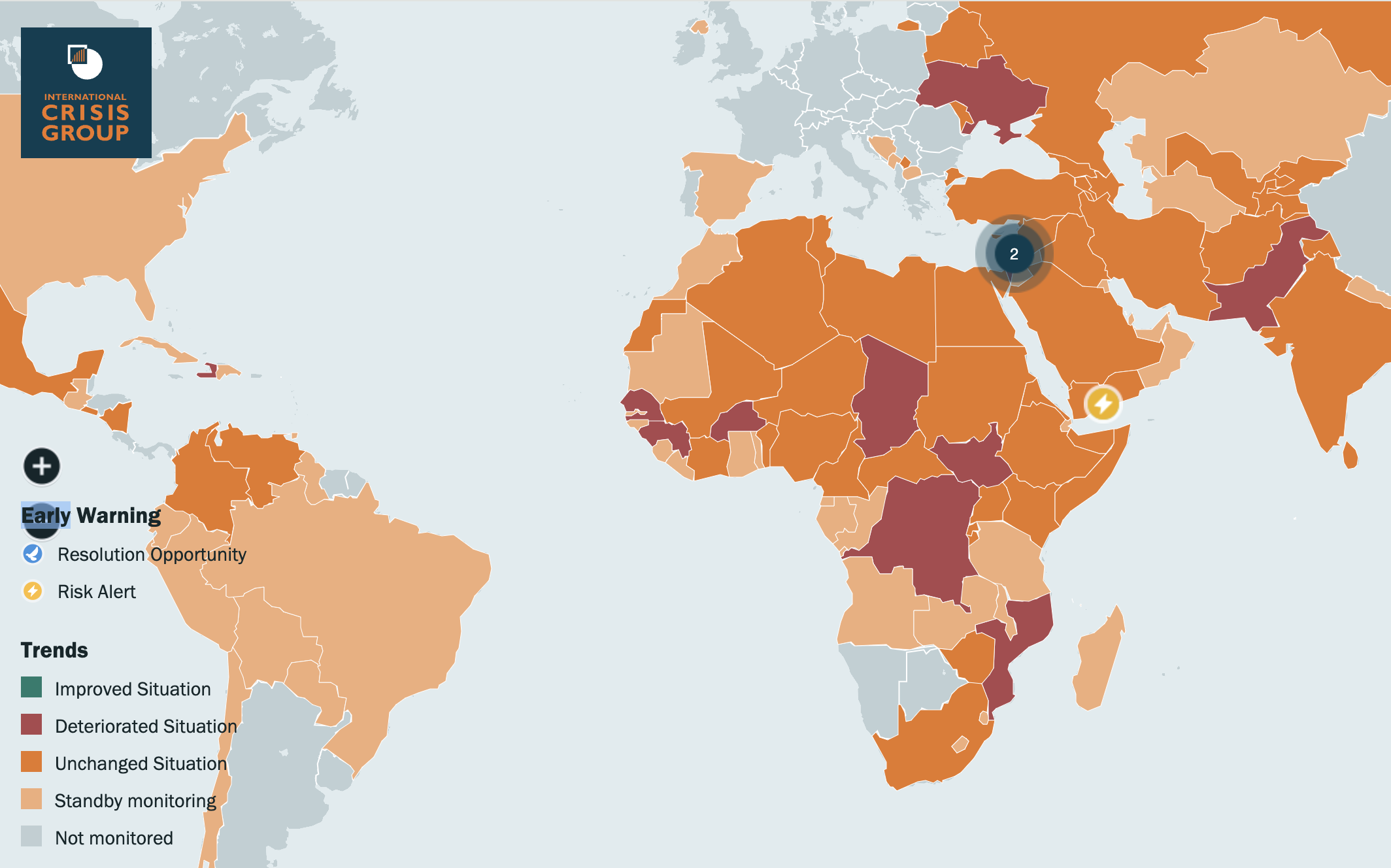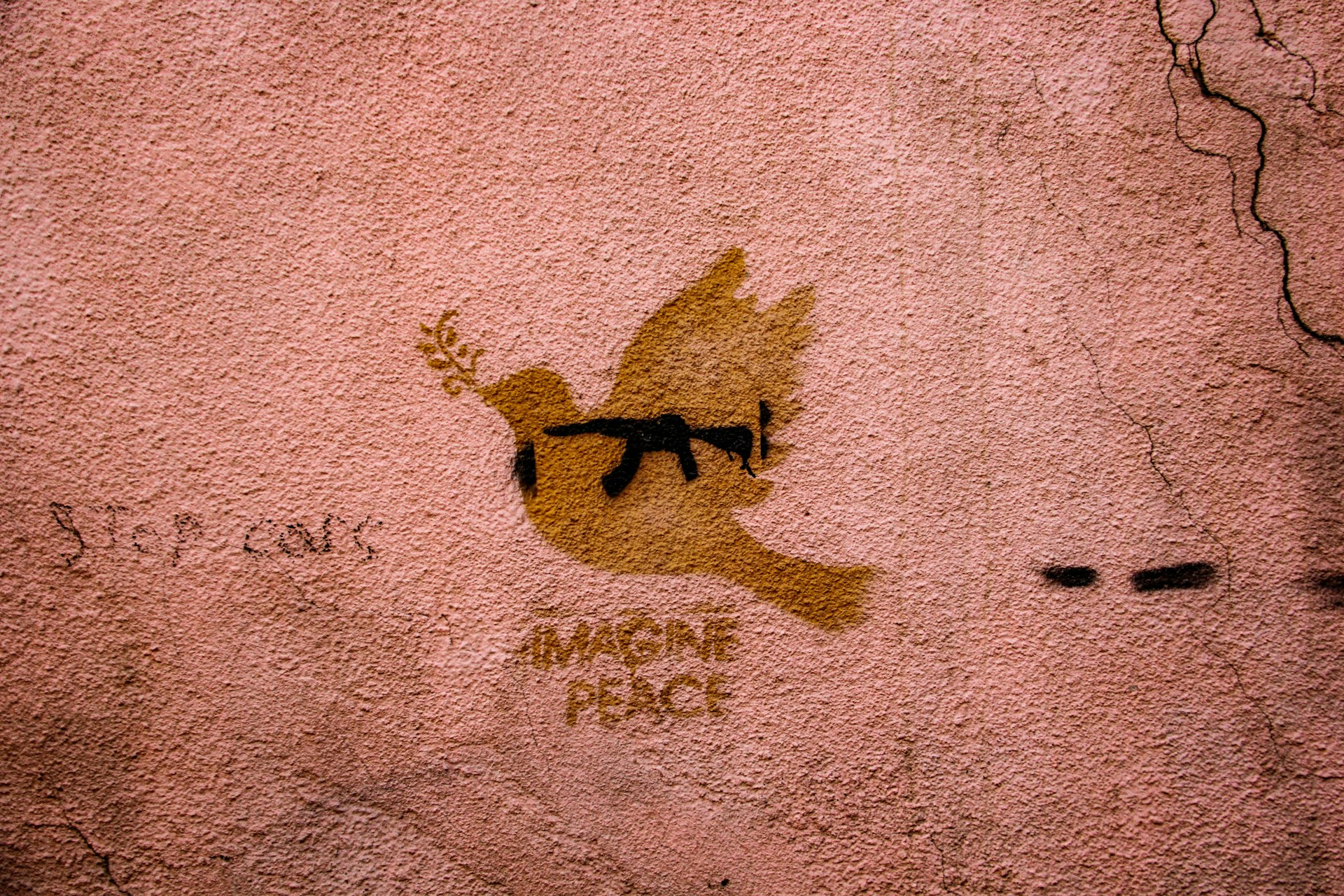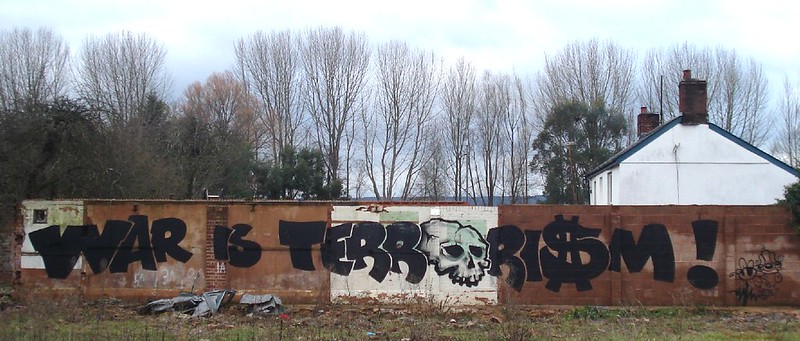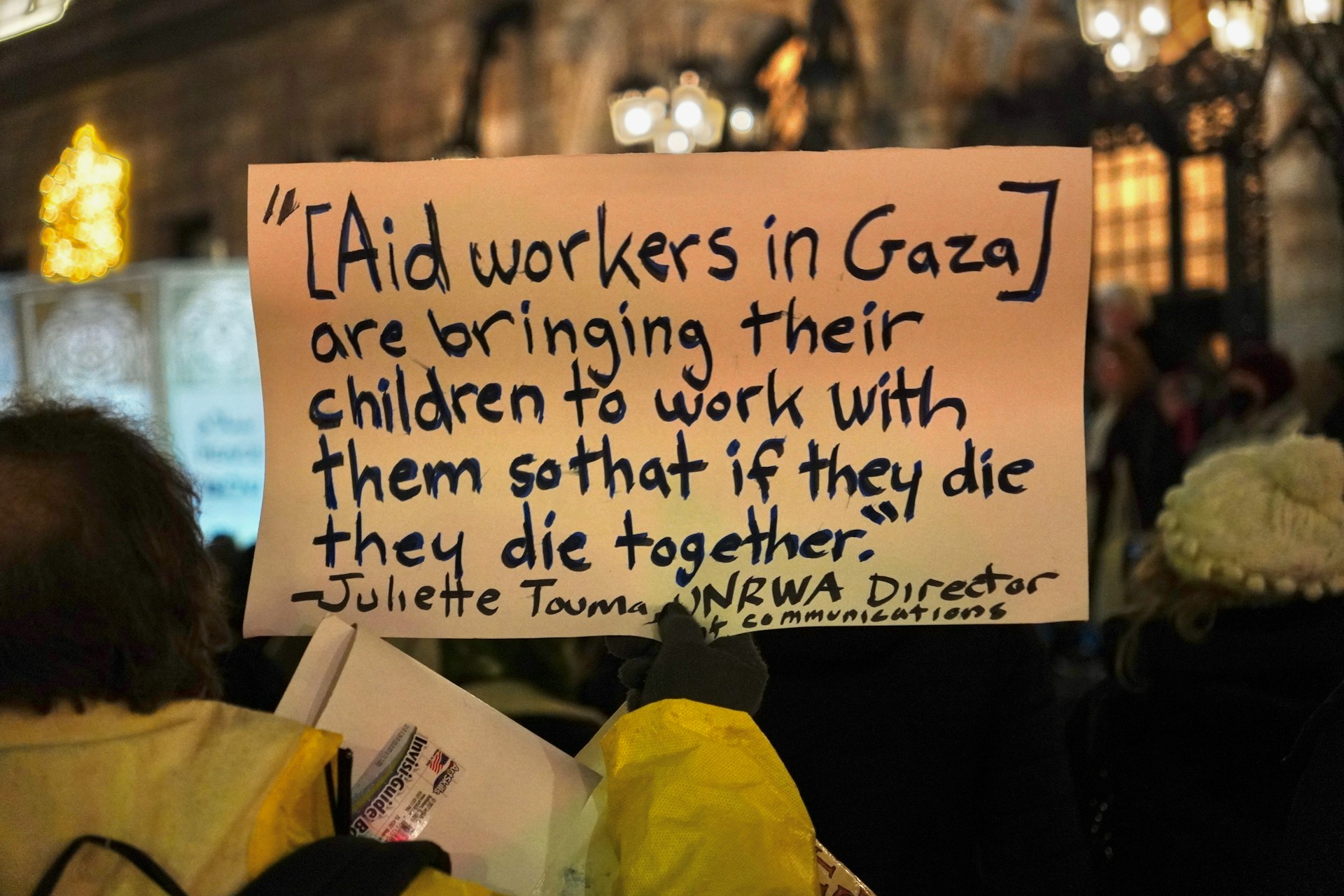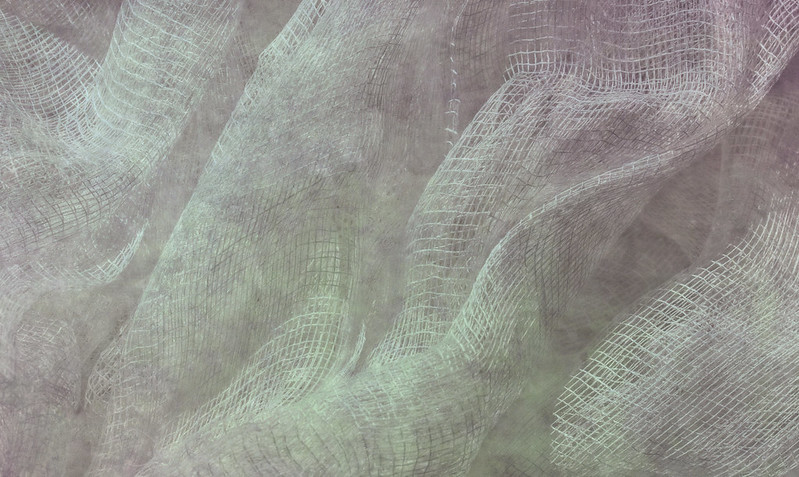Zoo
By N. de Vera
I fidgeted at the line for immigration after arriving at LAX. When it was my turn, I calmly answered the officer’s questions, hoping this was a routine interview that would go smoothly. However, when I saw that look on his face, I knew what I was in for—again.
“Wait here, ma’am,” the officer said. “We need to ask further questions. Another officer will take you to a private room.”
I shook my head in disbelief. I was aware of the drill by now.
The officer asked me to hand over my passport, but it wouldn’t be long until he confiscated my phone too. I texted one word to my mother, who worried about me every time I flew back to America, and to my partner, who was waiting to pick me up at the airport.
“Zoo,” I sent to both of them.
It was our safe word. It was short enough to type and send within seconds—just enough time to alert them about my whereabouts before I lost access to my phone for hours, or however long it took me to convince the immigration officers that I was a legal resident. When my mother and my partner received my single-word message, they would know I was getting detained once again.
A new officer from Customs and Border Protection signaled me to follow him. So I did. I carried a bulky folio with paperwork that should prove my legal status in the United States of America. This new officer led me to an interrogation room and rushed through a brief list of rules, which I was already too familiar with.
No talking.
No noise.
No devices.
No food or drinks.
No bathroom breaks, unless permitted.
The officer then left and locked the door. I sat and waited alone.
It was quiet in my room, but I could hear a child crying in the room next to mine. It wasn’t uncommon for mothers with children to get detained too, especially if they were entering America without their husbands. I could hear the faint sounds of an officer’s attempts to get the mother to “shut the baby up,” but to no avail. He yelled louder to “tame it,” as if he were competing with the child’s crying—one noise drowning out the other.
I sat in silence, flipping through my folio. I stretched and stood a couple of times, but I never walked around. I was being watched. A colleague had warned me that pacing might be misconstrued as defensiveness and guilt, so I learned to be careful and limited my movements to prevent further suspicion.
Two full hours went by until the immigration officer finally showed up again at my interrogation room.
“State your full name and date of birth for the record,” he demanded.
“Alexandra Estrella Vazquez. September 28, 1990,” I replied.
“What is your purpose for entering the United States, Ms. Vazquez?”
“I live and work here, sir.”
“Where is ‘here’?”
“Los Angeles, sir.”
“What is your occupation?”
“I’m a data analyst.”
“Pretty girl like you don’t look like a data analyst to me,” the officer said. “Where’s your proof?”
I pulled out my files from my folio. My visa authorization clearly showing my legal status. My signed employment contract. My pay slips from the last three months.
The officer reviewed the documentation, but he wasn’t satisfied.
I showed printouts of sample presentations with analyses that I’ve put together and screenshots of myself conducting data analytics training sessions. These internal company artifacts were confidential, but I needed to have them in case questioning came to this point. It often did.
The officer still was not convinced.
I asked if I could regain access to my phone to show him more evidence accessible online. The officer was silent and looked at me, unblinking. I exhaled when he authorized it.
The officer leaned next to me, too close for comfort, as I trembled holding my phone, showing him my colleague’s recommendations, data analytics certifications, my email exchanges—everything I could possibly think of to convince him that I was who I said I was, no matter how personal or classified.
Finally, he uttered the three words I’d been waiting to hear for hours. “You can leave.”
I hurriedly collected and placed my paperwork back into my folio then thanked the officer. What should I have been thankful for? He had no explanations for what I did wrong. No suggestions for what I could do differently to prevent myself from going through this trauma every time I enter this country. He hadn’t earned my gratitude, but I did it anyway out of obligation.
It was the seventh time I had been detained, but I knew that I ought to feel blessed because others had it worse than I did. Some didn’t even make it past that room and were sent back home.
I stepped out of the interrogation room and rushed to find my way to the baggage claim area, hoping my luggage was still there before it’s taken off the carousel as unclaimed baggage by airport personnel.
As I took the escalator down, I was met by a large sign that read, “Welcome to the United States of America.”
The irony was not lost on me—to be dehumanized, to be caged until I, a 30-something female Colombian data analyst, was no longer perceived as a threat. Yet here was America again, sweeping this incident under the rug, welcoming me back.
I should be happy, I told myself. I should be grateful that I get to live here.
Ignoring the tears falling down my cheek, I closed my eyes and muttered under my breath, “Land of the free. Home of the brave.”
I repeated the phrase to myself over and over again until I deluded myself into believing it to be true.
Land of the free. Home of the brave.
Land of the free. Home of the brave.
Land of the free. Home of the brave.
N. de Vera (she / her) is a queer Asian writer based in Los Angeles. Her short stories have appeared or are forthcoming in over twenty literary magazines and journals.
Photo credit: Molly Haggerty via a Creative Commons License.
A note from Writers Resist
Thank you for reading! If you appreciate creative resistance and would like to support it, you can make a small, medium or large donation to Writers Resist from our Give a Sawbuck page.

